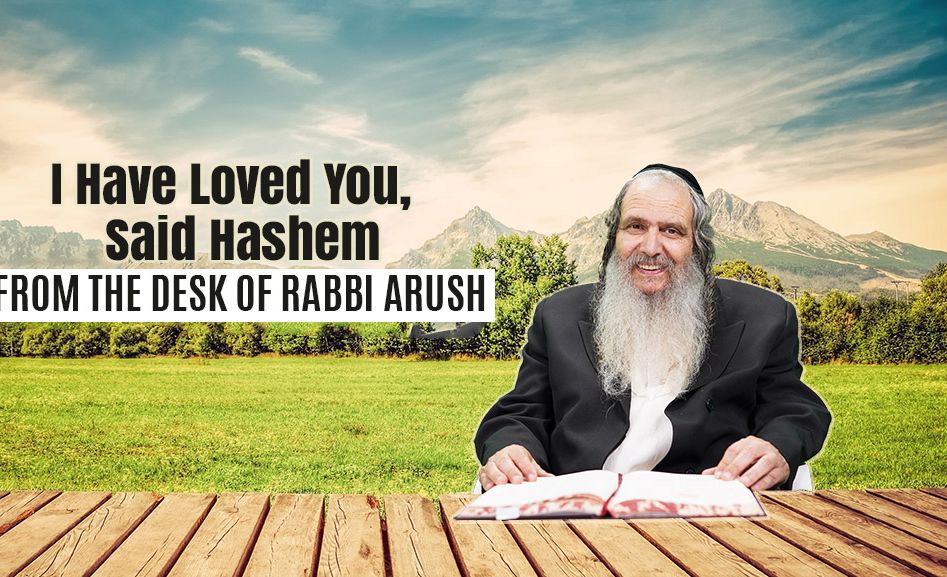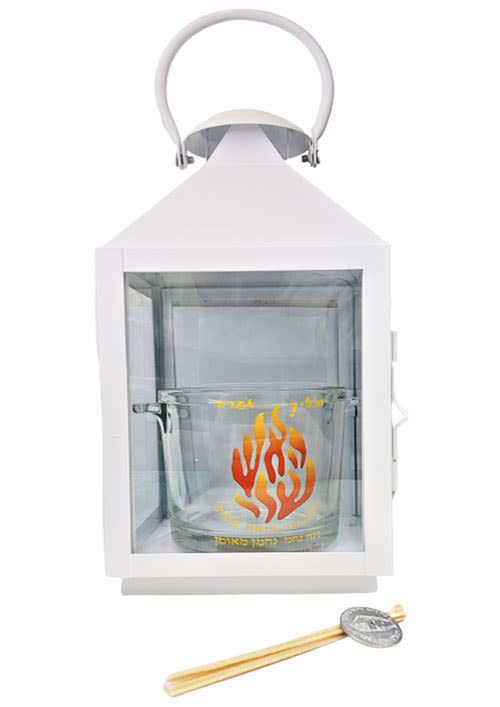
Daily Breather
Probably more important than the physical aspect of Shabbat, when the body is at leisure, is the mental aspect, when the mind simply has a chance to unwind…

Translated by Rabbi Lazer Brody
In Forest Fields, Part 33
Everyone knows the importance of a breather every once in a while. During the week, people dream of Shabbat, the day of rest. Probably more important than the physical aspect of Shabbat, when the body is at leisure, is the mental aspect, when the mind simply has a chance to unwind from the weekdays’ constant pressures.
A walk in the park, a late-afternoon stroll along the river, or a short drive to the countryside is also very conducive to mental relaxation. As soon as a person removes himself from the environment of tensions and high pressure, he is able to view life in a completely different perspective. All of a sudden, he sees things that previously eluded his attention. Other confusing matters all of a sudden become clear, as if his thought process had improved in some way.
 Such is the power of hitbodedut. The hour a day of tranquility and mental relaxation is probably the biggest gift a person could bestow on himself. It’s a mini Shabbat every single day of the week. It’s a break from the rat race and from the crazy carousel of constant pressures. An hour a day of personal prayer is a gift of emotional rejuvenation, physical and mental health, and self-composure.
Such is the power of hitbodedut. The hour a day of tranquility and mental relaxation is probably the biggest gift a person could bestow on himself. It’s a mini Shabbat every single day of the week. It’s a break from the rat race and from the crazy carousel of constant pressures. An hour a day of personal prayer is a gift of emotional rejuvenation, physical and mental health, and self-composure.No money in the world could convince a Sabbath-observant person to give up his weekly day of rest. By the same token, those fortunate people who become accustomed to spending an hour a day in secluded personal prayer wouldn’t relinquish this daily gift for anything. Personal prayer is a little taste of Heaven in this world. It’s something we all owe ourselves every single day.
Feel at home
Prescribed prayers are regimented. They must be said within given time frames. A person should not eat before the morning prayers. One is required to stand during certain segments, and even remain stationary in one place during other segments. Personal prayer is not like that at all. The un-regimented atmosphere of personal prayer helps a person attain tranquility of the soul and a relaxed mindset. One may walk, stand, sit, or even lie in bed under the covers during personal prayer. The important thing is to feel comfortable.
Feeling good in the surroundings is a vital aspect of personal prayer. There should be no pressure or fear. There should be no one around to bother or interrupt you. Turn your cell phone off. Relax. Breathe deeply. Imagine that a feeling of freedom is flowing in your veins. Tranquility and composure are the key words.
A field or the woods are a wonderful setting for personal prayer, because a person’s heart readily opens in an environment of calm and natural beauty. Spiritually, midnight is the perfect time. But, if a person is afraid, uncomfortable, or pressured for time, he or she won’t attain the desired self composure and the attributes of the time and place will become drawbacks that defeat the purpose of personal prayer.
With the above in mind, pick a time that’s convenient for you and a place where you feel comfortable. Once again, the key word is tranquility.
Speaking in the field
Rebbe Nachman of Breslev writes (Likutei Moharan I:52), “Mostly, hitbodedut is at night when the world relaxes from its daily pressures. Since during the day, people are chasing after the amenities of this world, it’s difficult to cling to Hashem and to attain a state of self-nullification.”
Preferably, hitbodedut should be in a place where there’s no “spiritual static” to interfere with one’s communication with Hashem. Ideally, it should be in a place where there are no other people around. On the other hand, Rebbe Nachman writes in several places that when a person prays among the grasses, trees, and plants, they all join his prayers. Such personal prayer takes on the spiritual dimension of a magnificent symphony.
Let’s not fool ourselves: not everyone lives near a field or secluded woods. Even if they did, it’s not advisable for a woman to be out alone, especially at night. In that respect, any place where you can feel comfortable is good enough to reap the wonderful benefits of personal prayer.
Praying for hitbodedut
Hitbodedut dramatically improves the quality of a person’s life. If so, then why doesn’t everyone engage in hitbodedut? And even more so, why do many people try hitbodedut and then give up?
The answer is simple. Nothing in life – especially in spirituality – is worth much without prayer. Therefore, one must pray for the privilege of hitbodedut. We need to ask Hashem to help us set aside our daily hour for hitbodedut, to help us find a proper setting to pray from, and to open our hearts and give us the ability to express our innermost thoughts.
Probably the best way to begin a session of hitbodedut is with five minutes of prayer for the hitbodedut itself. We should ask Hashem to give us the right words, to help us evaluate ourselves, and to help us thank Him for all our blessings. We ask Hashem to help us see our shortcomings and to guide us in self-improvement. Finally, we should ask Hashem to help us pray for all of our needs – material and spiritual – the most important of which is emuna. “Hashem, help me believe in the power of prayer. Help me reinforce my emuna so that I can feel that You are right here with me, listening to all my prayers. Hashem, grant me the humility to ask for all my needs as a free gift, without any sense of entitlement at all.”
Prayer should precede any venture, especially something as lofty as a session of personal prayer. The prayers that preface hitbodedut have a special capability of mitigating stern judgments and invoking Divine compassion. There’s no comparison between success with prayer and success without prayer. Whereas the latter gives a person a smug feeling of arrogance that severs himself from Hashem, the former enhances emuna and brings a person even closer to Hashem.
Hashem doesn’t like to grant us successes if He knows they’ll be detrimental to us, such as causing us to be arrogant or egotistic. Conversely, Hashem is happy to grant us success after extensive prayer. Why? When a person attains his heart’s desire after extensive prayer, he knows that he has received a gift from Above, and neither arrogance nor egotism gets in his way. This is true success, the result of emuna, prayer, and knowing there is no one but Hashem.
To be continued.













Tell us what you think!
Thank you for your comment!
It will be published after approval by the Editor.